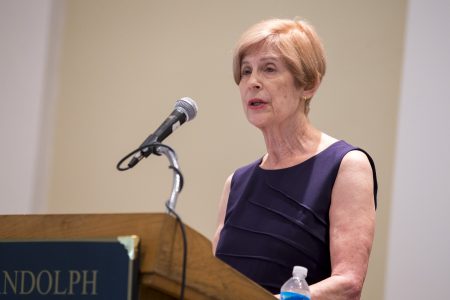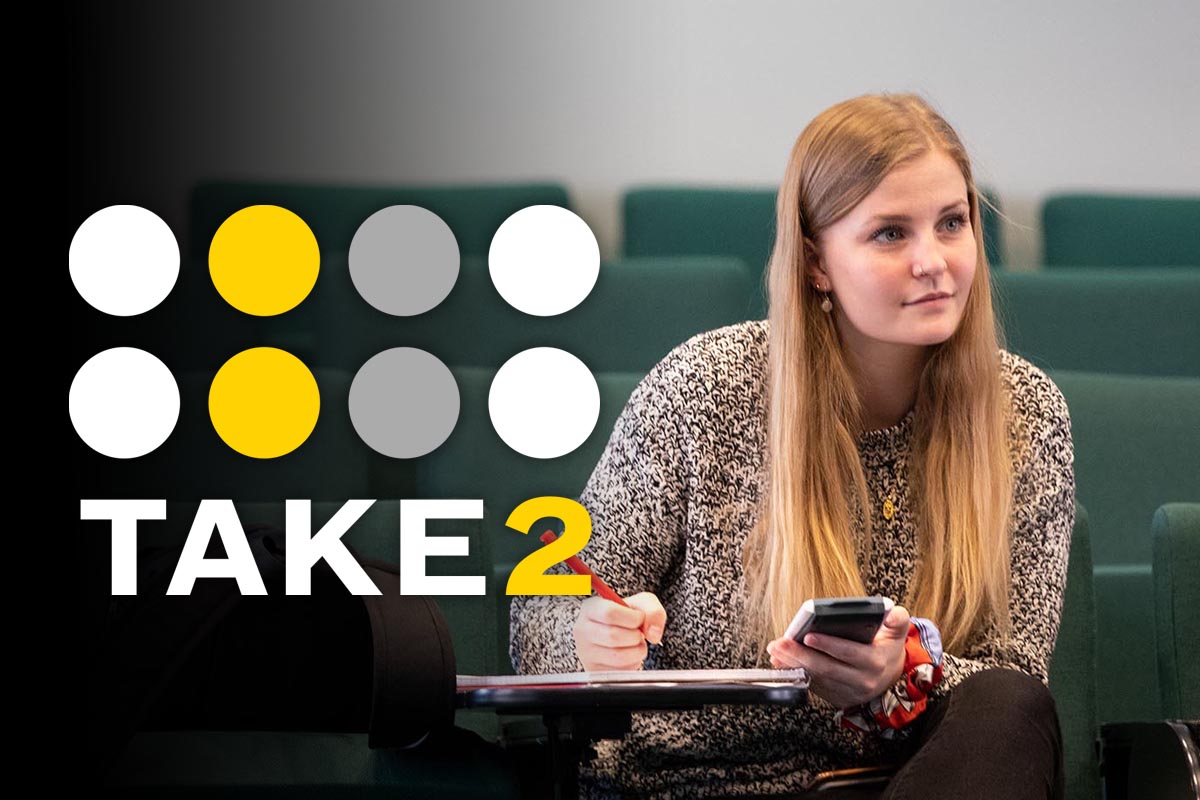Expert historian on women’s colleges speaks at Randolph

Helen Horowitz
As part of its 125th anniversary celebration, Randolph College hosted a lecture Saturday about the history of women’s colleges. Helen Horowitz, an author and historian, presented the keynote address as part of the annual Leadership Council for the College’s Alumnae and Alumni Association.
Horowitz is the Sydenham Clark Parsons Professor, Emerita, at Smith College, and her 2002 book, Rereading Sex: Battles Over Sexual Knowledge and Suppression in Nineteenth Century America, won the Merle Curti Prize from the Organization of American Historians.
For her presentation, Horowitz discussed the evolution of women’s education from the United States’ founding to today. During the country’s early years, Horowitz said education for women was viewed as a threat to the structure of society. While men tended to the crops, handled community affairs, and produced the raw materials for the household, women’s primary focus was to turn those materials into goods the house could consume.
“The value of the wheat in the field could only be realized by the bread on the table,” she said. “Women also sustained complex relations between households through the means of barter, transmission of medical knowledge, gossip, and religious practice. Most of the work that women accomplished enabled a household to serve as the principle school, and the women of the household as the principle teachers.”
Over time, women became what Horowitz called “Mothers of the Republic,” nurturing and raising their sons to become responsible, moral leaders in society, and their daughters to uphold the same ideals that they could later pass along to their own children.
Finally, in the 19th century, academies and colleges specifically for women began to open. Although women’s education was seen as having value, students were afforded very little freedom compared to colleges and universities for men.
“The design of women’s colleges was initially intended to seclude them and set them apart in a single building, so their every move could be observed and controlled,” Horowitz said. “To offer women the liberal arts posed a danger. At the most basic level, educators feared that higher education might unhinge women and turn them away from traditional femininity.”
Horowitz said Randolph-Macon Woman’s College emerged during an important shift among colleges for women in the South. The College emphasized character and interpersonal relations, but also had a strong curriculum that valued women’s intellect and ability to enter more serious and thoughtful careers.
Horowitz noted that while women’s colleges have enjoyed success, change is both inevitable and desirable, and many former women’s colleges like Randolph have had to adopt coeducation to secure a viable future.
“I have seen coeducation grow and grow well at many former women’s colleges,” Horowitz said. “What a women’s college going coeducational has going for it is the fact that, historically, women students have been the focus. Women students shaped the extracurricular body, and often they have more role models in the faculty and administration.”
Horowitz said her overall message was the importance of higher education for both women and men.
“It is my firm conviction that education, especially higher education, has been a critical instrument—a lever, if you will—that has hoisted women into direct participation in an American economic, intellectual, cultural light, and now even in a political light,” she said. “It is my hope here at Randolph, that with careful work on the ground and strong alumnae and alumni support at its back, that a coeducational Randolph will continue this great work.”
After Horowitz answered questions from the audience in Wimberly Recital Hall, President Bradley W. Bateman thanked Horowitz for her lecture and visit to the College.
“How lucky we are to have gotten America’s leading authority on higher education for women to come and speak to us today, not only generally and broadly about women’s education, but to have taken the time to think about us as well,” Bateman said.
Tags: 125th anniversary, college history, events, Helen Horowitz, speakers
